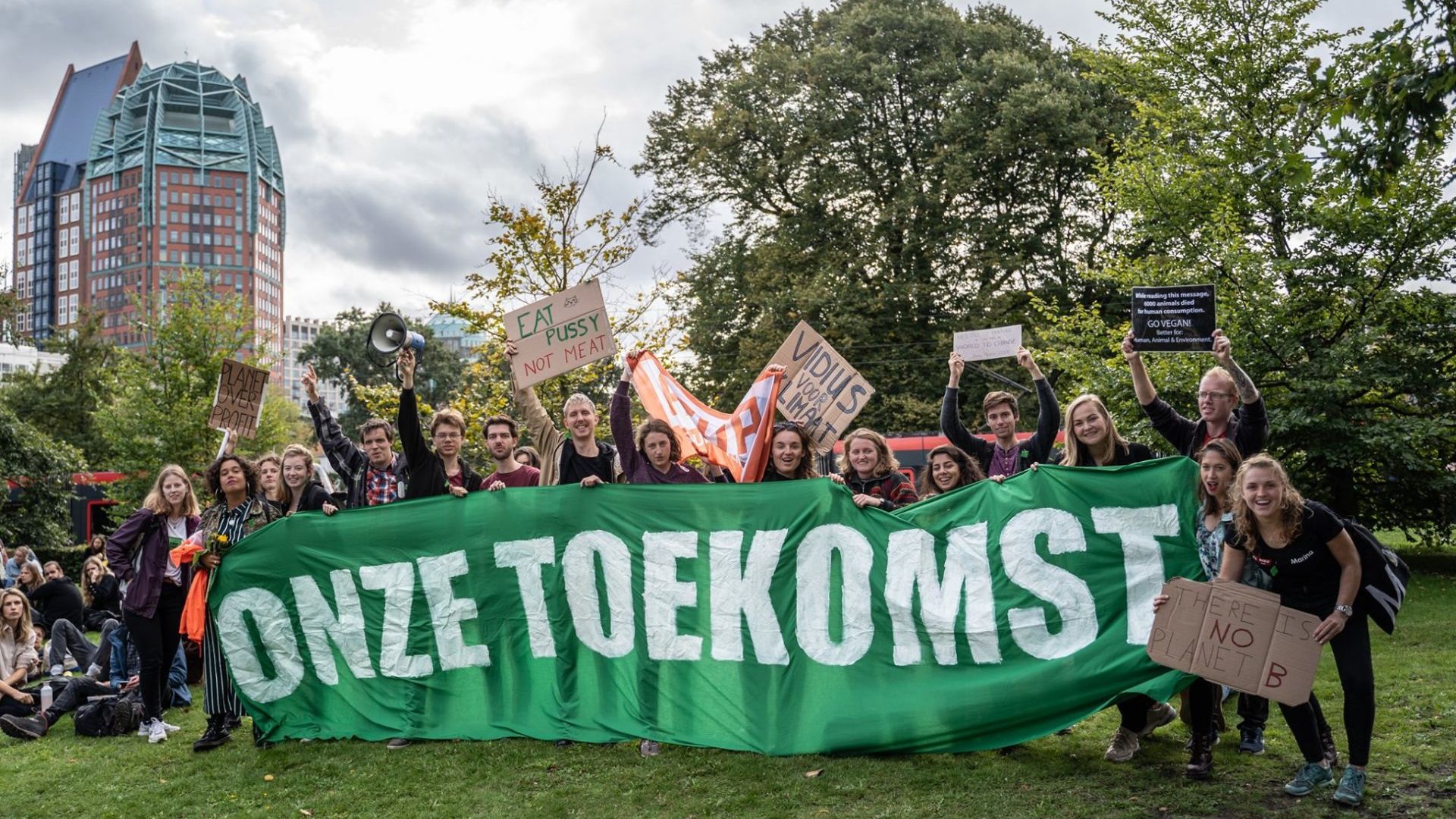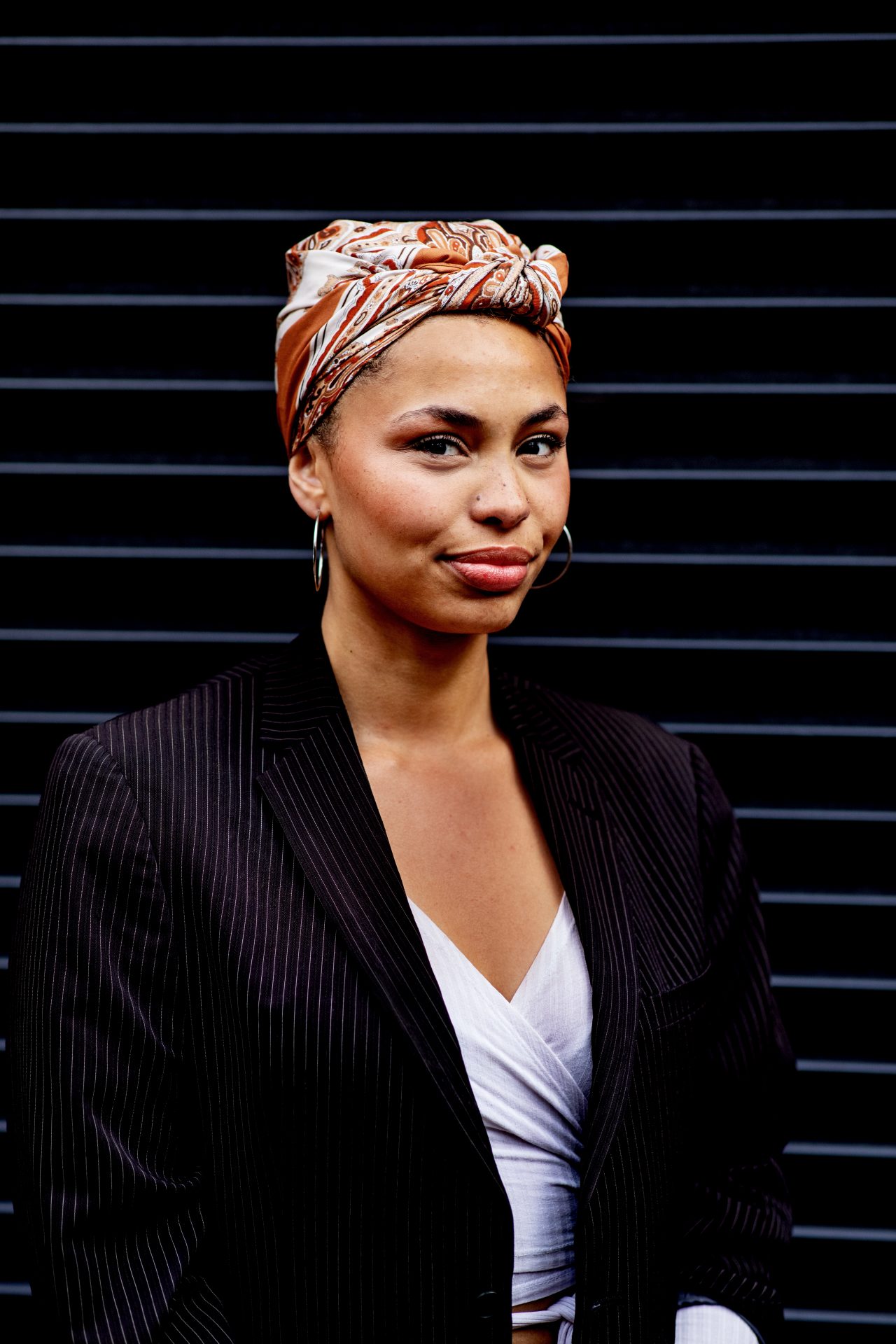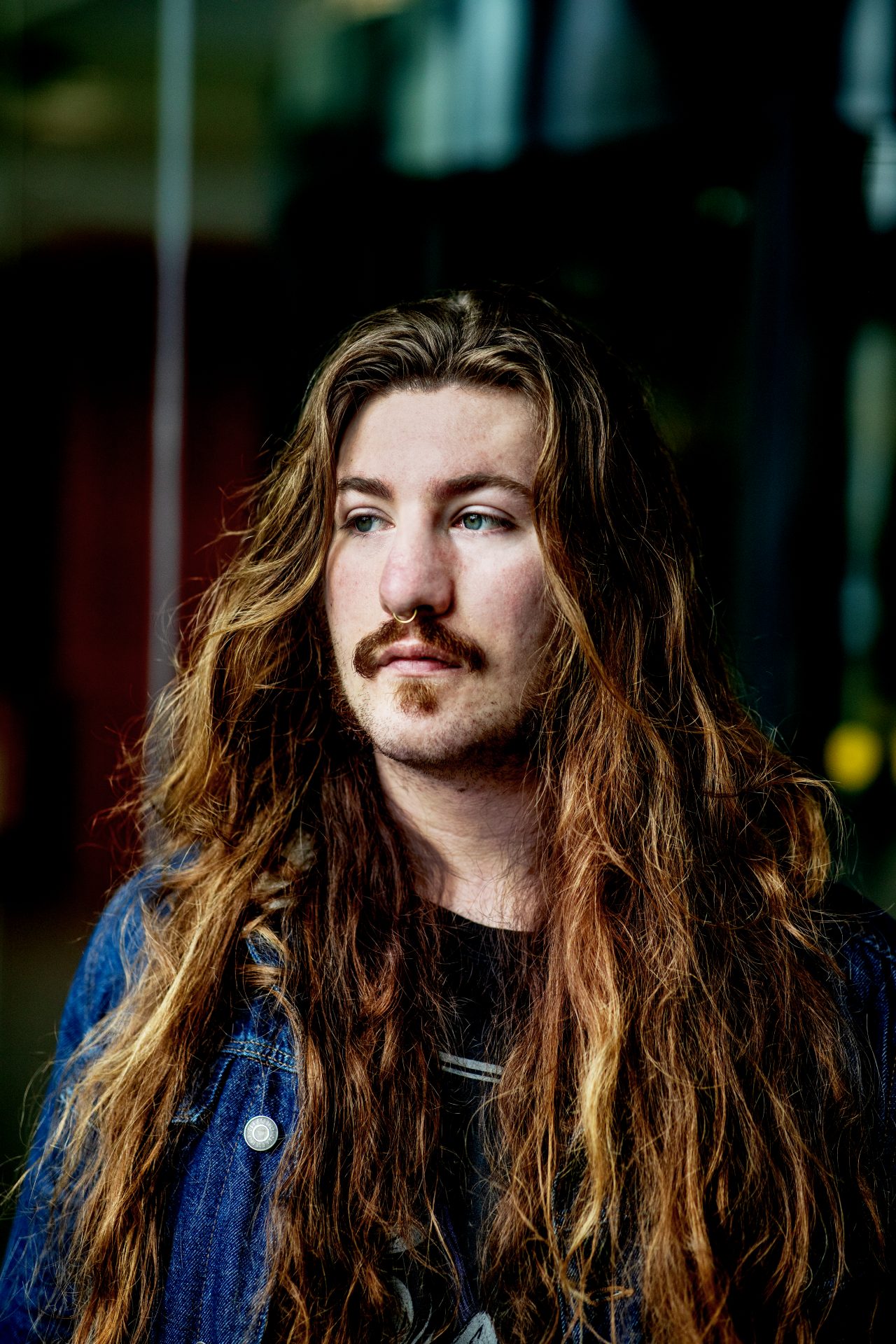These students are taking action for their ideals
-
 Nijmeegse studenten op de klimaatmars in Den Haag in 2019. Foto: Johannes Fiebig
Nijmeegse studenten op de klimaatmars in Den Haag in 2019. Foto: Johannes Fiebig
Nijmegen developed into a stronghold of left-wing activism in the 1960s; in the 1970s, students did not hesitate to occupy a university building. What’s left of all this activism? And who are today’s activists?
New Vox
This story is part of the new Vox, which can be found on campus this week. In this Vox we dive into the history of the 100-years old university and look towards its future.
Stefanie van de Haterd (24) – Cultural Anthropology student, active at Amnesty and other organizations
‘I’m not a real activist; I’m more the liaison behind the scenes. I’m particularly committed to issues of inclusivity and sexuality. That’s why I’m also a member of Amnesty Nijmegen’s women’s rights group. Our aim is to put women’s rights issues on the agenda for a wider audience. During International Women’s Day, we organised a meeting on what has been achieved over the years in the field of women’s rights.
While many things have improved, there’s also still a lot to be gained. In 1978, feminists in Nijmegen, led by Bep Dijkhuizen, held a witches’ night, to ‘seize back the night’. They took to the streets at night with torches and pans to make themselves heard, and to show that they weren’t afraid to walk the streets. Recently, Catcalls of Nimma also organised such a night. But instead of torches, they had pavement chalk, which they used to write hundreds of sexual remarks shouted at women on the pavement.
I was there too, but I didn’t really know what to write. I was given a list of examples sent in by other women and I was shocked at how many comments I had heard myself.
It’s interesting to see how feminism has changed over the years. Back in the days of Bep Dijkhuizen, feminists were mostly concerned that certain rights should only apply to women. These days, it’s much more about equality. There’s also more openness and dialogue.
‘I was shocked at how many comments I had heard myself’
In this context, it is especially important that people learn more about sexuality and how to deal with it. Even in childhood, things go wrong: the sex education we receive isn’t good, even though that’s the key to ending transgressive behaviour – or worse: sexual violence. This kind of education should be based on equality between all sexes, and not just focus on STD prevention. I hope sexuality becomes an open topic of discussion, so that we become more considerate of each other and everyone ends up feeling more comfortable.’
Kiki* (24) – Sociology student, active at Extinction Rebellion
‘I personally try to live as consciously and sustainably as possible, but I wanted to do something extra to combat climate change. When I started my Pre-Master’s programme in Nijmegen in September, I met some students in activist circles. They told me about Extinction Rebellion.
I come from a small village in southern Limburg, where it’s not common to speak out as an activist. That’s why I thought long and hard about whether I should join. Extinction Rebellion stands for peaceful and disruptive action. That peaceful approach is very important to me.
Along with hundreds of other climate activists, I took part in the actions on the A12 motorway in The Hague in January and March. The media called them blockades, but that wasn’t true: people could still get to their destinations via other routes. On the spot, we held a sit-in until the police came to arrest us.
I’ve been arrested a few times. That was really scary. Although I had had some action training beforehand, still, you never know what will happen at the police station. Fortunately, I was allowed to go home that same day.
‘Along with hundreds of other climate activists, I took part in the actions on the A12 motorway’
It’s overwhelming to realise the crises that are happening right now and that will be upon us globally in the future. This is not only about climate change, but also about inequality. It feels like all of this will fall on our and future generations’ plates.
In the short term, I find it difficult to remain optimistic, but in the long term, I hope we’re heading in the right direction. I try to hang on to the fact that the government is finally taking steps to combat climate change.
The latest result of our actions is that private flights will be banned at Schiphol from 2025, and there will be no more night flights. We hope we can make something happen with every action, so that Extinction Rebellion can in the long run contribute to countering climate change and biodiversity loss.’
*Her full name is known to the editors.
Mo Quirijnen (25) – History student, president of AKKU student union
‘I wouldn’t call myself an activist. That term has too individualistic a connotation. Rather, I see myself as part of a social movement fighting for change. I’m a proud member of AKKU student union. We have to work together to really make the students’ voices heard.
For the first few years of my studies, I mainly wanted to have fun studying. I wasn’t doing much with my ideals yet. Then came the pandemic, which gave me time for reflection. I saw how hard students were hit and that was when I became an active member of AKKU.
As President, I’m involved in the housing protests in Nijmegen. Every summer, students are forced to sleep on the streets. Housing is seen as a way to make money rather than a right. International students are particularly affected. We need lots more social housing units, but there’s not enough political will to really come up with solutions.
What I’m most angry about is the debt that students are facing. The fact that so little attention has been paid to the consequences of the loan system is beyond me. There’s so much stress and performance pressure. The longer it takes, the more students drop out.
Plus, it’s bad for education: many students are no longer intrinsically motivated to learn, but they don’t want to accumulate more debt. So when I hear the Minister of Education say that students shouldn’t complain so much because the jobs are there for the taking, I can only laugh.
‘We need lots more social housing units’
I feel strongly about the Nijmegen tradition of student protests. The student activists of old took to the barricades to be heard. Because they organised themselves, they achieved a lot. For example, it’s thanks to those protests that we now have a participational structure. The fact that student parties are now struggling to fill their candidate lists is a symptom of a wider problem. Students are allowed to the table, but they don’t get to decide anything. Too much power lies with the Executive Board.
Having said that, I’m a born optimist. There will be solutions for the crisis on the housing market, as well as for the climate. It’s just that the longer it takes, the more people we lose along the way. This is why it’s time for a change. Now.’







